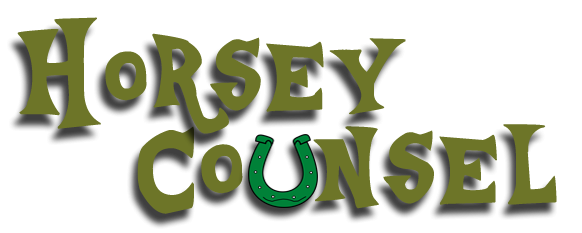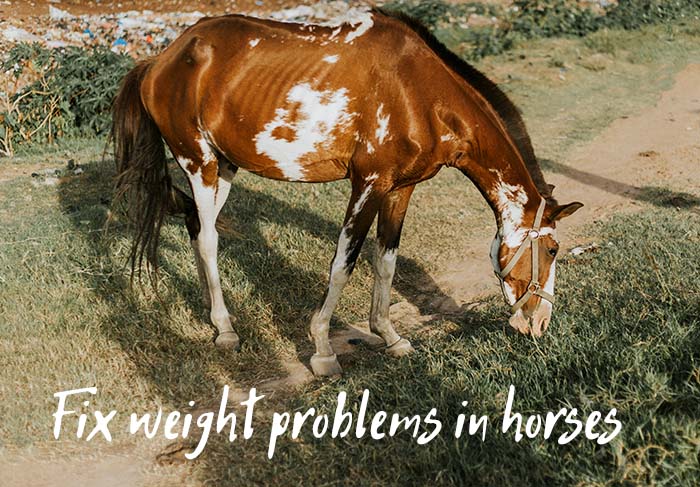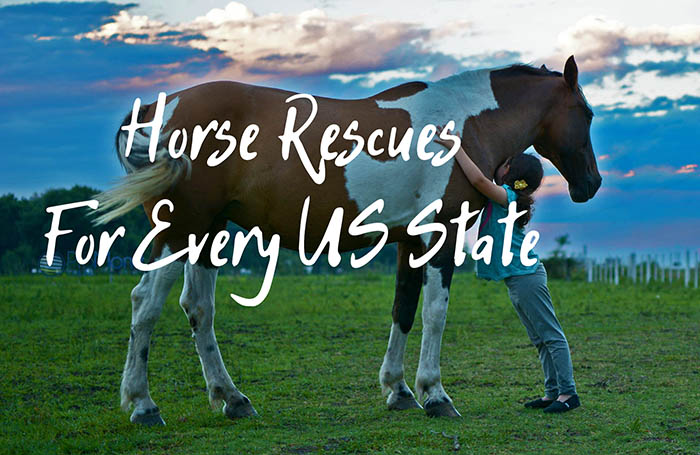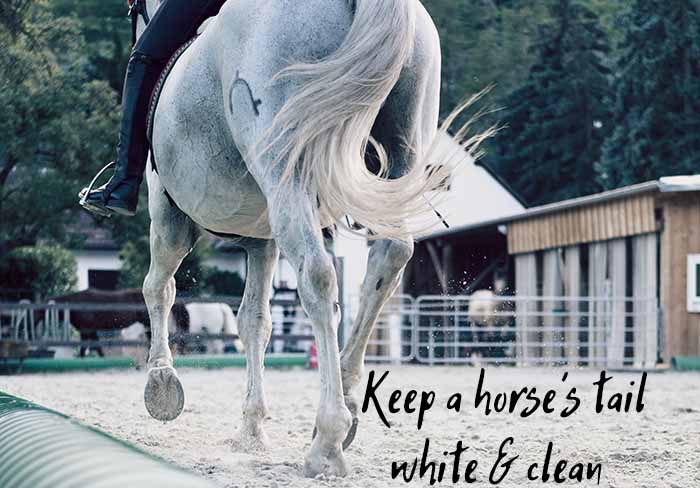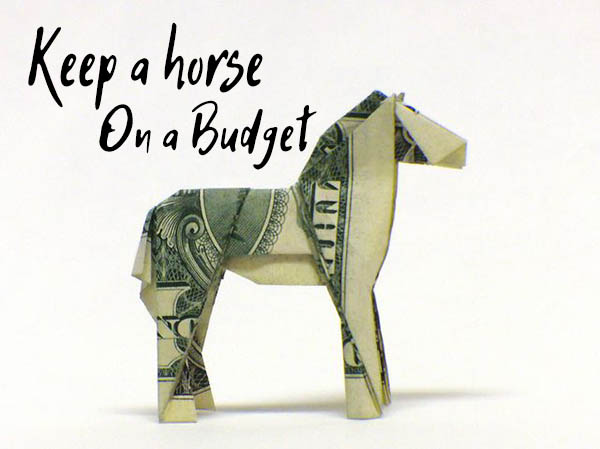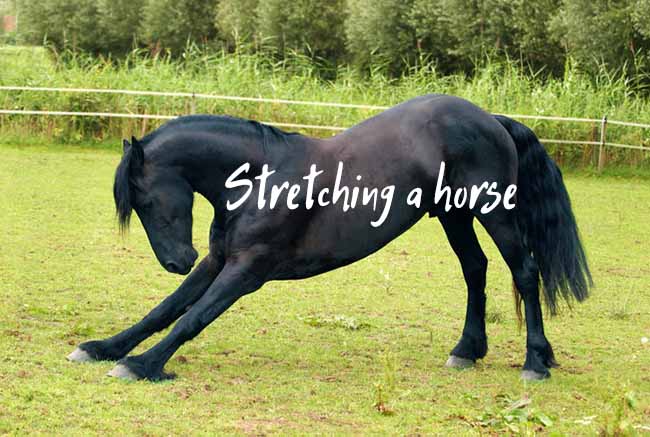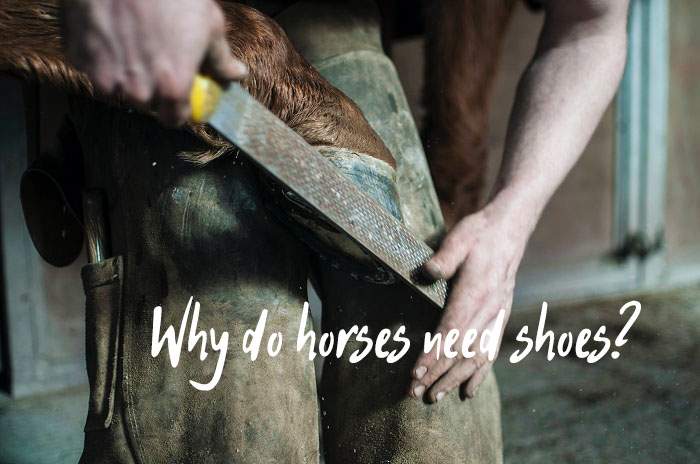Can Horses Suffer From PTSD?
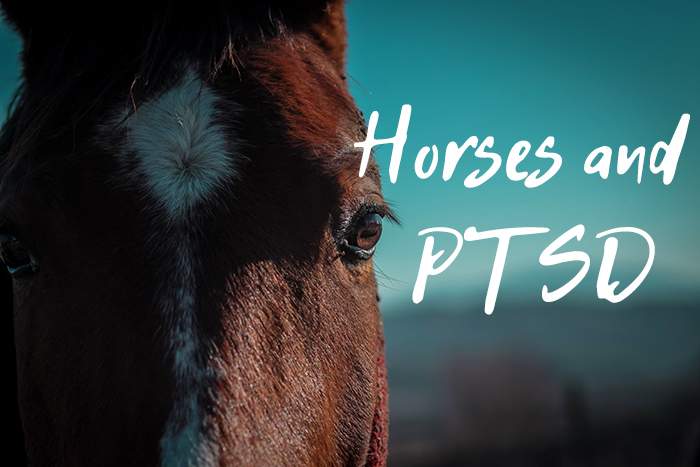
In an ideal world, we wouldn’t even have to ask ourselves this question: can horses suffer from PTSD? The truth is that equine PTSD is a serious anxiety disorder, and many horses suffer from it to a stronger or lesser extent.
What is equine PTSD exactly? It represents an emotional response to an experience that could not be interpreted or filtered properly. More often than not, these experiences involve traumatic events of violence and threat. The horse’s PTSD can trigger during a current emotional event or as an anticipation of one.
Many horse owners mistake PTSD for bad behavior, but horses are not violent or ill-intended by nature. If they behave improperly, it is because of an unfortunate event in their past.
In order to trigger the hormonal reaction known as Post Traumatic Stress Disorder, the event in question usually lasts longer than 30 days. We’re talking about horses that have suffered repeated abuse. If too much of this hormone is released, the equine will experience a “flight or fight” response that occurs in many other mammals in the face of danger.
Understanding the biology of PTSD in horses.
PTSD in horses is particularly difficult to diagnose and treat at a glance. However, once we figure out exactly what happens in the brain during traumatic events, we begin to see a clearer picture. Even in humans, the fight or flight response greatly affects the hippocampus by releasing a large amount of Adrenaline and Cortisol into our system. If these two hormones are released too often, or if they remain lingering in the hippocampus, they begin to damage that particular area of the brain by destroying its cells.
If a horse has experienced a traumatic event over and over, its body has begun to constantly release Adrenaline and Cortisol, thus keeping it in a constant self-preservation state.
How does a horse behave if it has PTSD?
If a horse suffers from this disorder, it will often become untrusting, extremely vigilant, and very difficult to work with. The horse might even buck its rider, freeze in place or bolt away. That’s not to say that every horse that does this suffers from PTSD. However, it’s important to watch out for the signs. If the horse is indeed traumatized, it might behave oddly out of the blue, or it might react in a certain way to specific sounds or smells.
The problem is that horses can develop PTSD much more easily when compared to humans. Since we are able to understand our traumatic events and wrap our minds around them, we are able to cope with them and put them behind us. Horses don’t have such coping mechanisms, which means that it falls to us to help them overcome their past traumas.
What can we do to help a traumatized horse?
There are quite a few ways to deal with equine PTSD, but each horse will require its own specific training regimen and treatment. No two horses are the same. Each has lived its own life, which means that each approach must be tailored.
Generally speaking, we can combat the negative effects of Cortisol and Adrenaline with feel-good hormones such as Serotonin. People that specialize in the treatment of horses with PTSD will have specific means to encourage this chemical balance in the brain. They can engage in specific training sessions, for instance. Or they can spot when a horse is about to go into fight-or-flight and apply a stimulus at just the right time.
It takes time, patience, and an incredible amount of empathy to work with a traumatized horse. Horses can’t speak to us directly, and they can’t tell us what’s wrong using words. If your horse had a few other owners before you got it, you have your work cut out for you.
Not knowing the horse’s history makes things difficult, but not impossible. You can paint a clearer picture of what has happened to your horse by watching its reactions. You can also check for scars and try to figure out what might have happened.
Final words.
As I mentioned before, horses need to be exposed to continuous abuse before they develop a post-traumatic stress disorder. Sadly, even to this day, many of these beautiful creatures are being abused and mistreated. I know this first-hand, unfortunately, as I spent some time in some of the less-developed parts of this world.
While horses still play a key role in those households, some owners treat them poorly. A horse wouldn’t mind too much if its stall is smaller than it should be, or if its food is not top-notch. However, horses are emotional creatures that pick up on our own state of mind. Hitting a horse with a whip as hard as you can to make it go faster is just barbaric, but it’s common practice in some parts of Eastern Europe and the rest of the world.
I might have been helpless to help those horses lead a better life, but the least I can do is spread awareness about this issue. Fortunately, there are a few respectable organizations in the US that specialize in animal protection and equine protection specifically. Fine examples include the Humane Society as well as the Animal Welfare Institute.
If you know of a horse that’s suffering repeated abuse, don’t hesitate to get in touch with someone who can do something about it. There are enough injustice and cruelty in this world. Let’s try to make it better!
